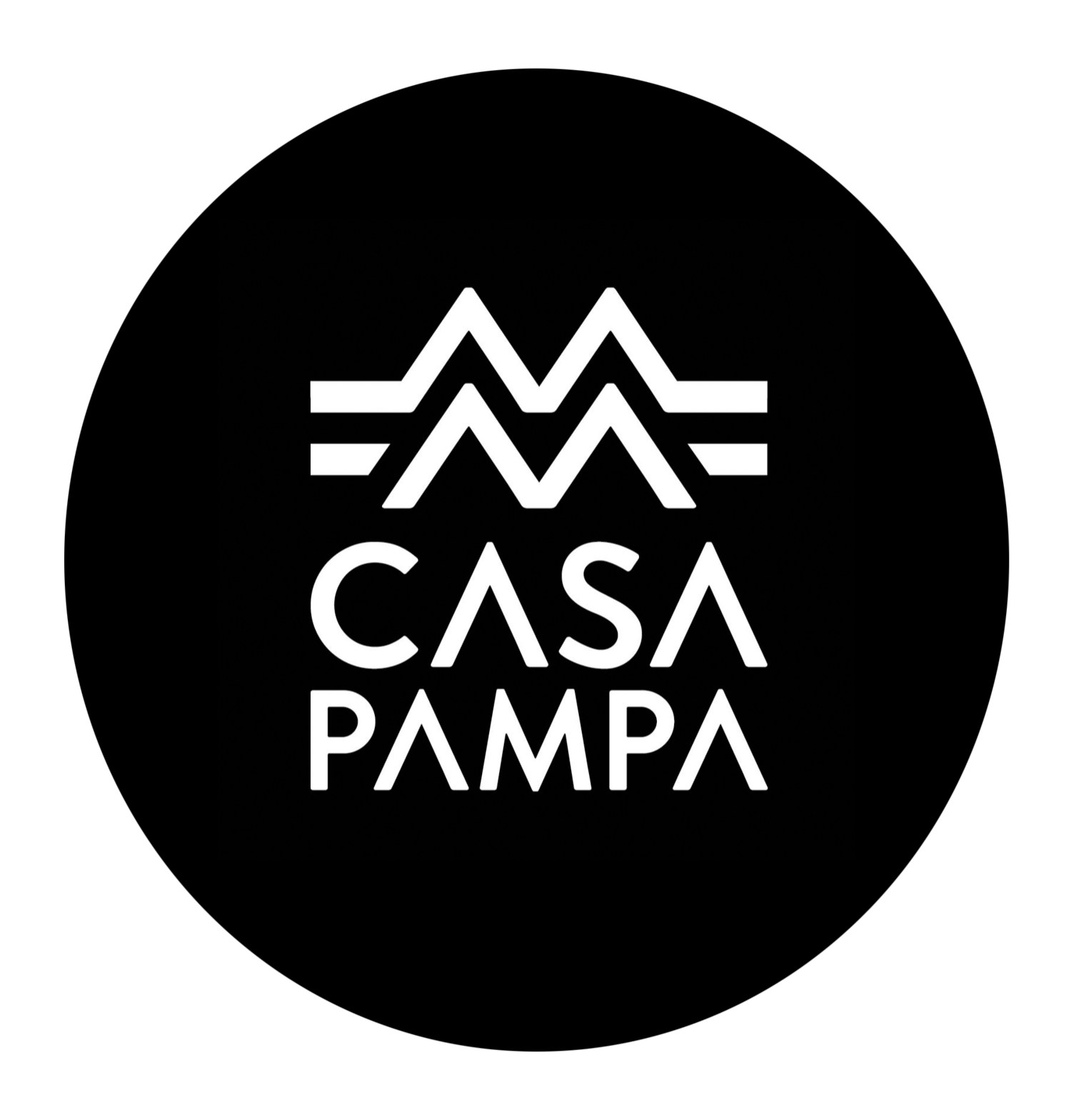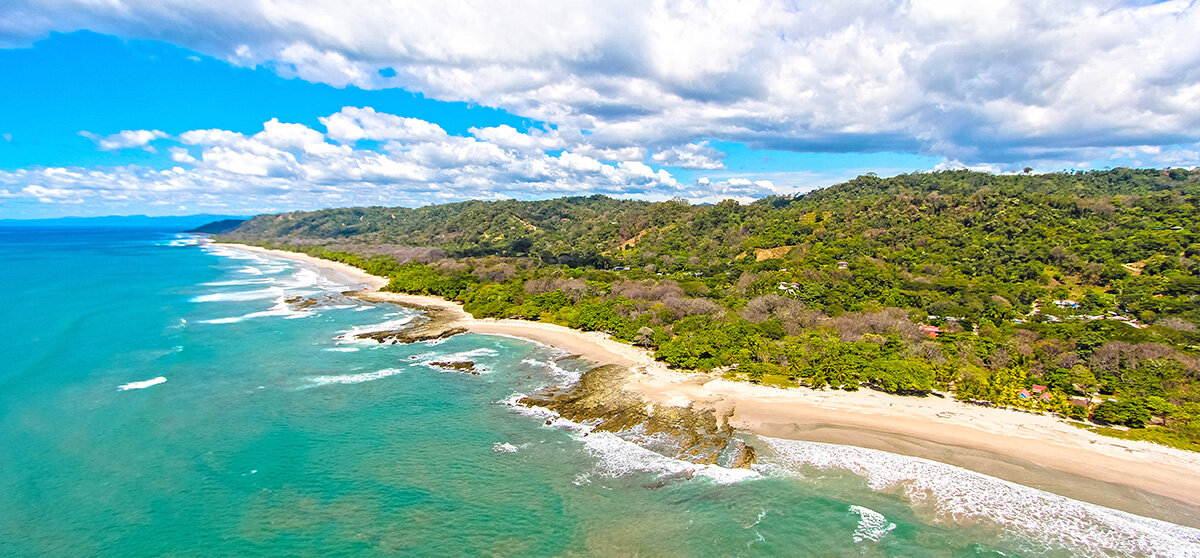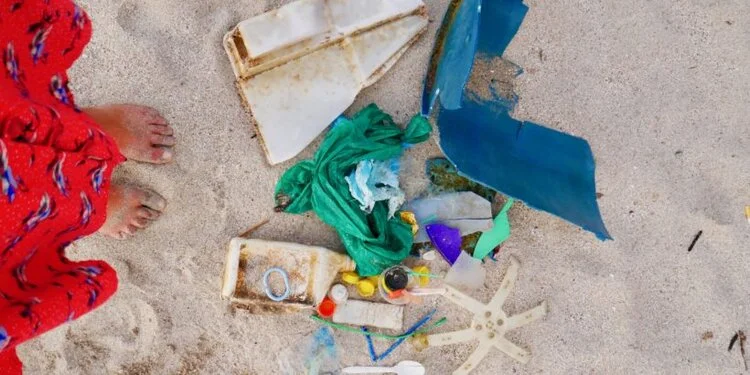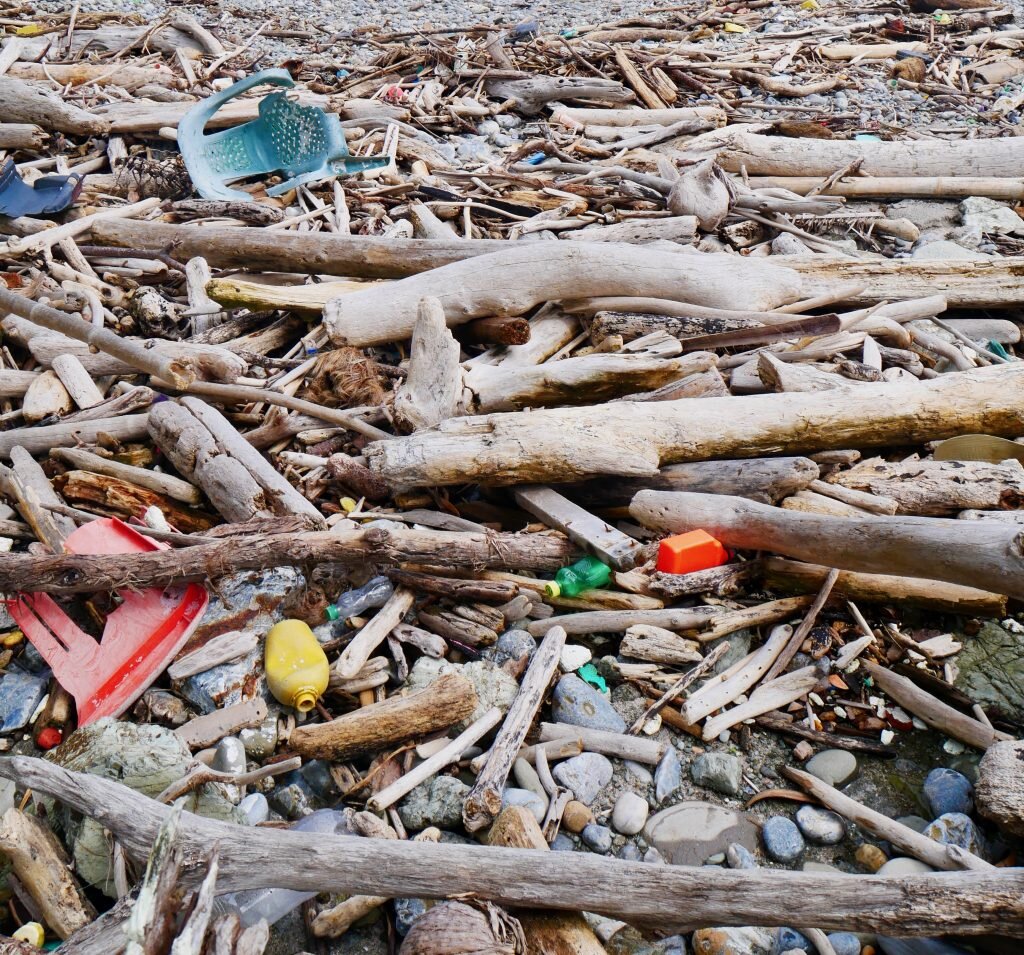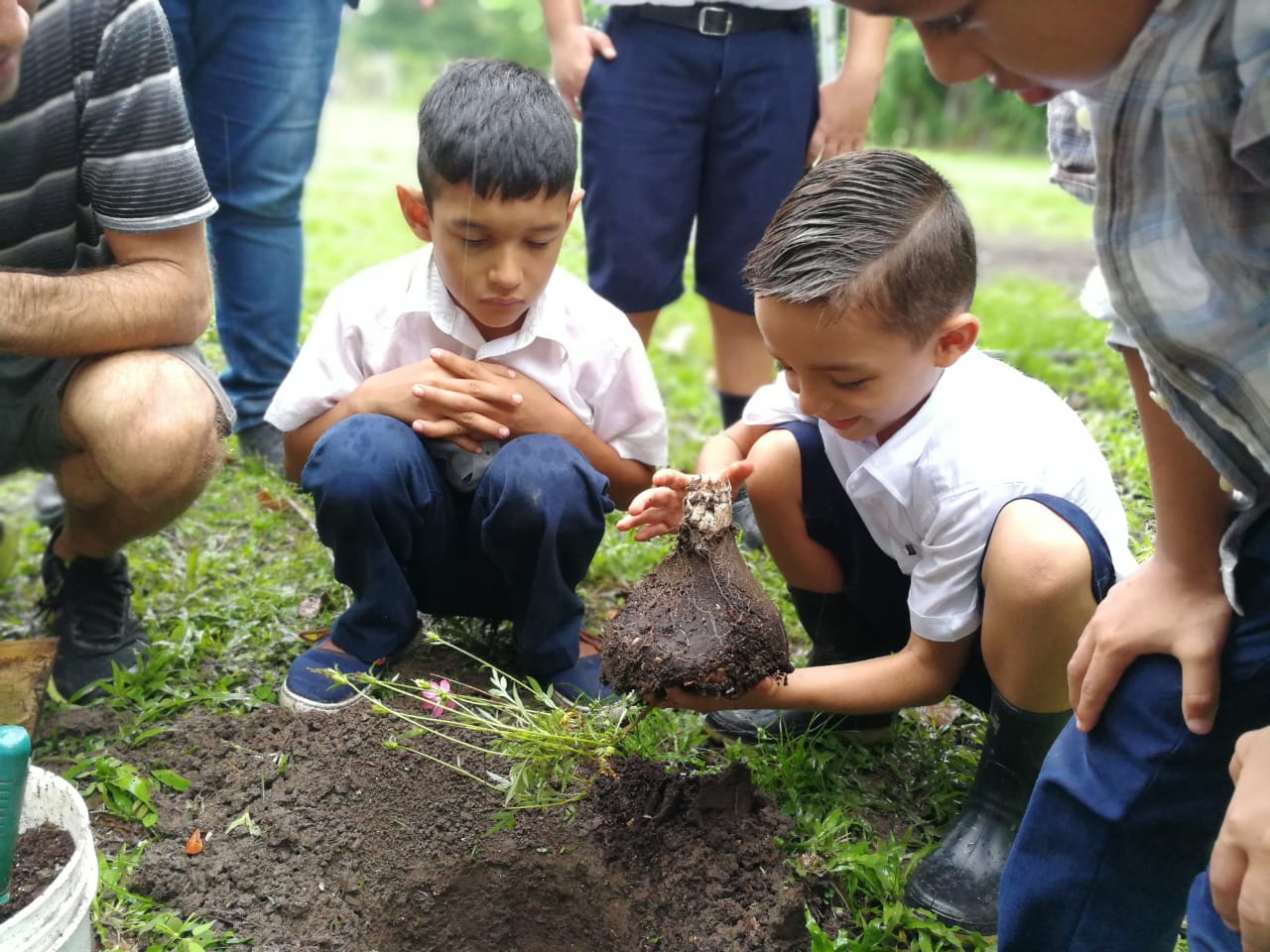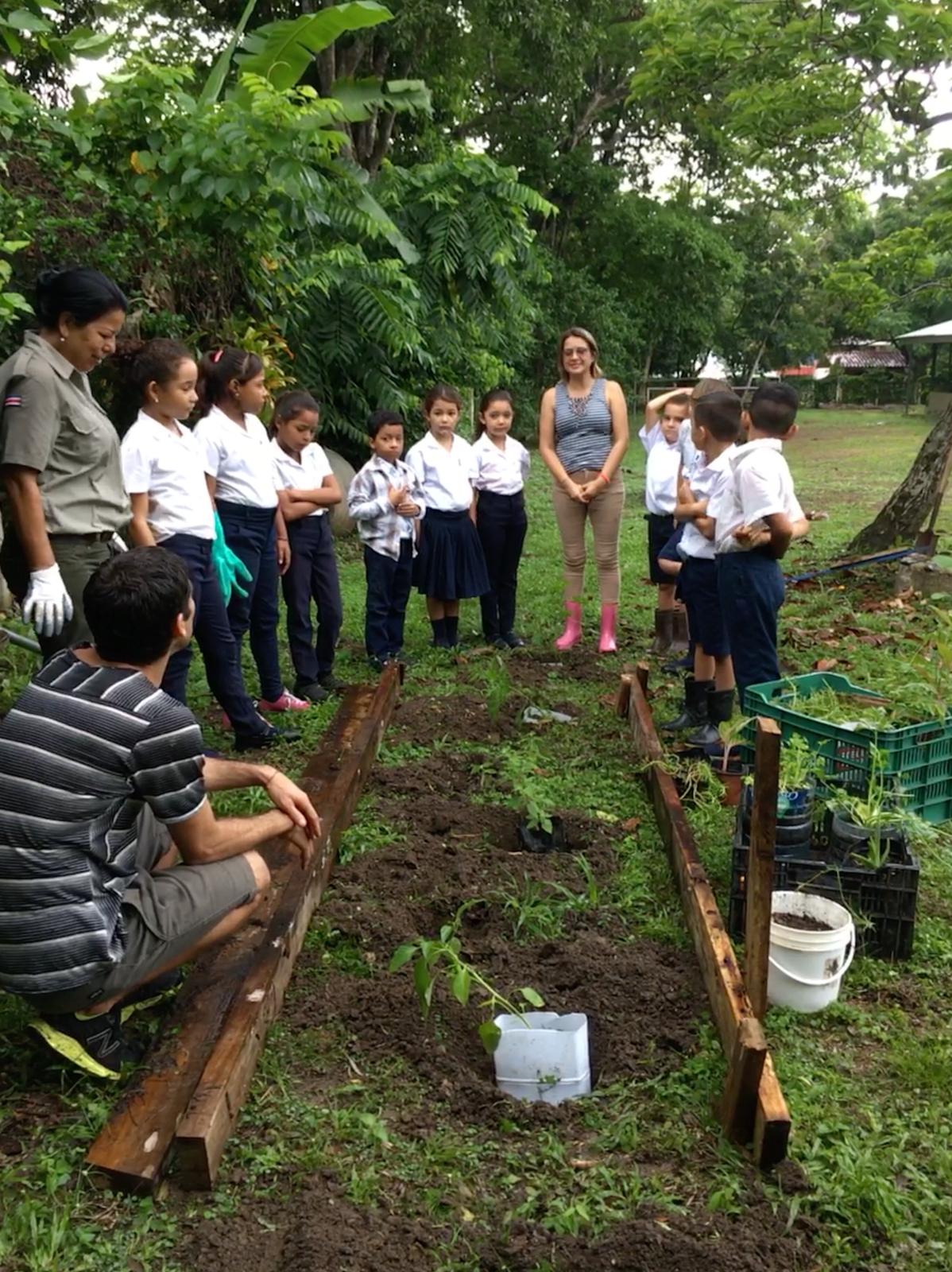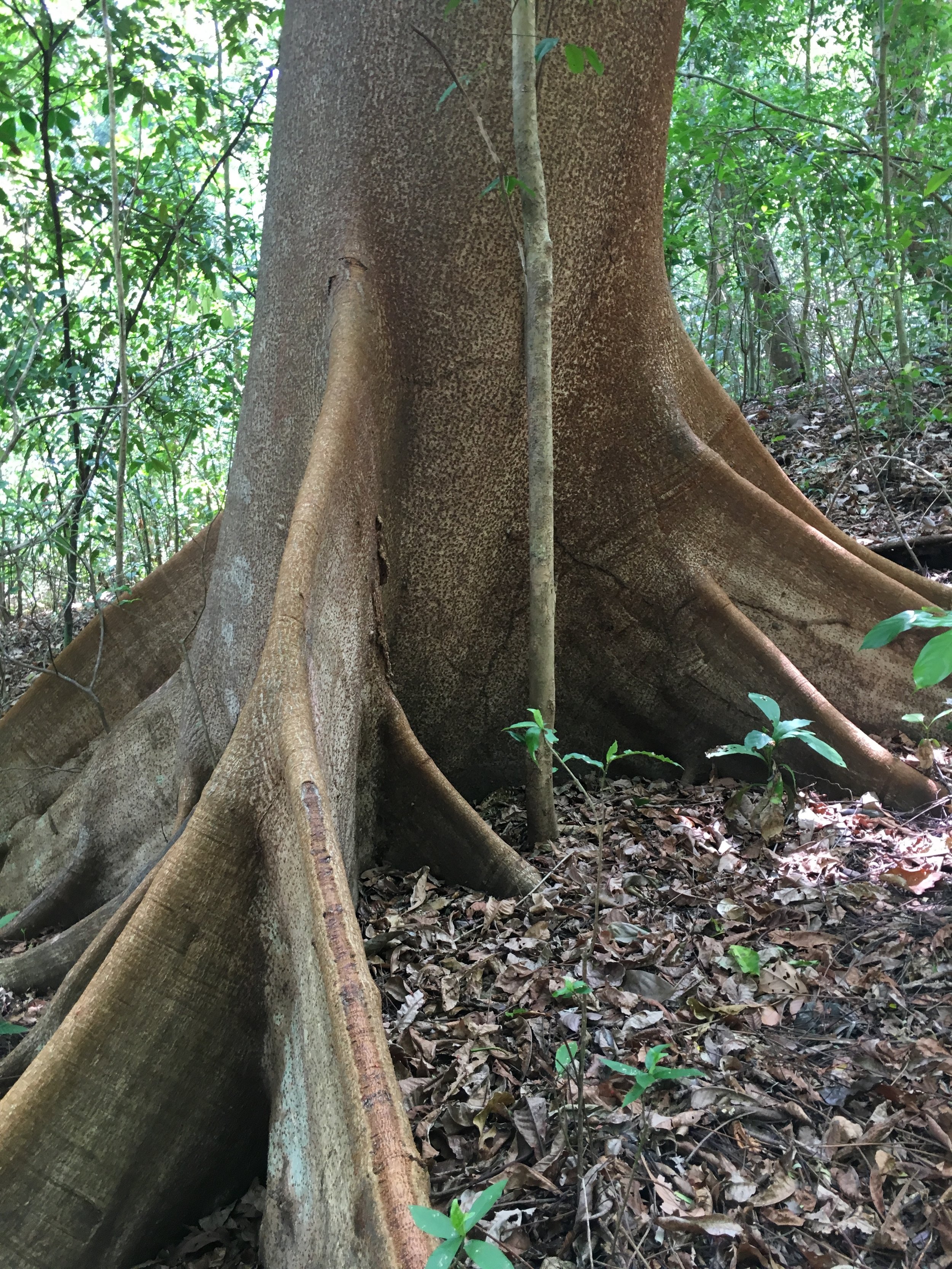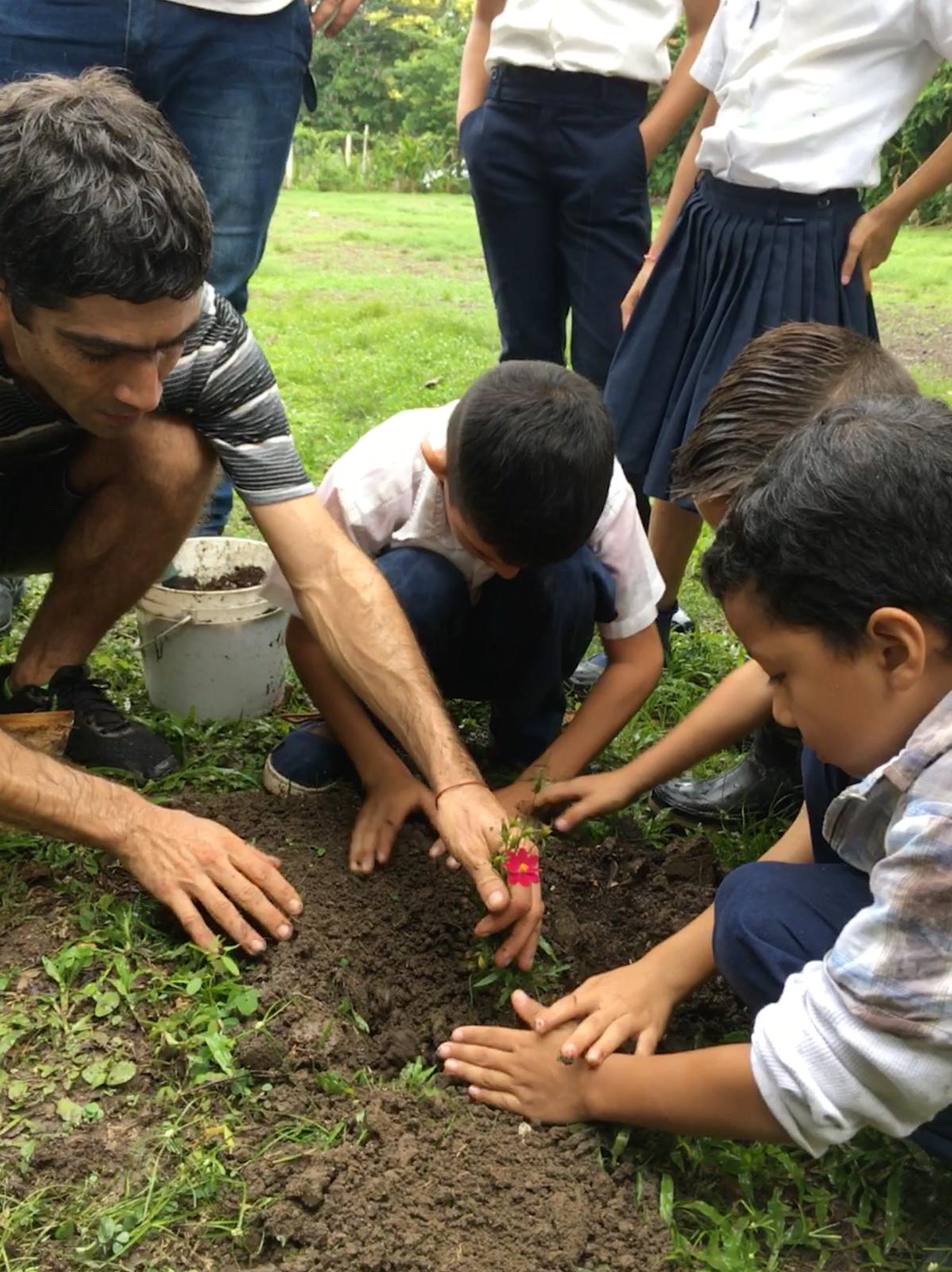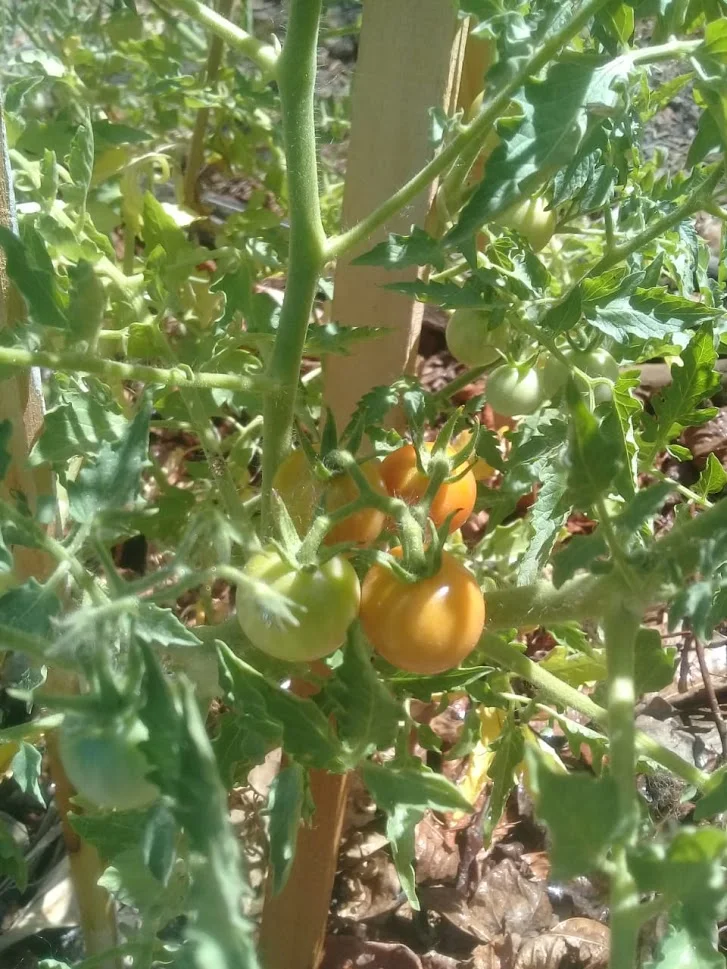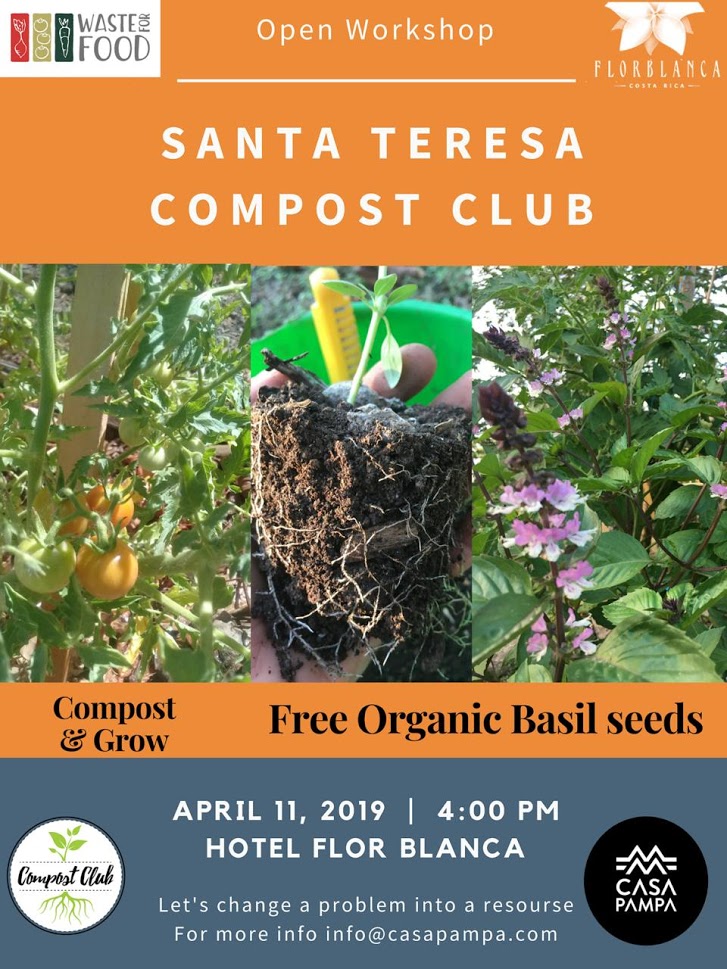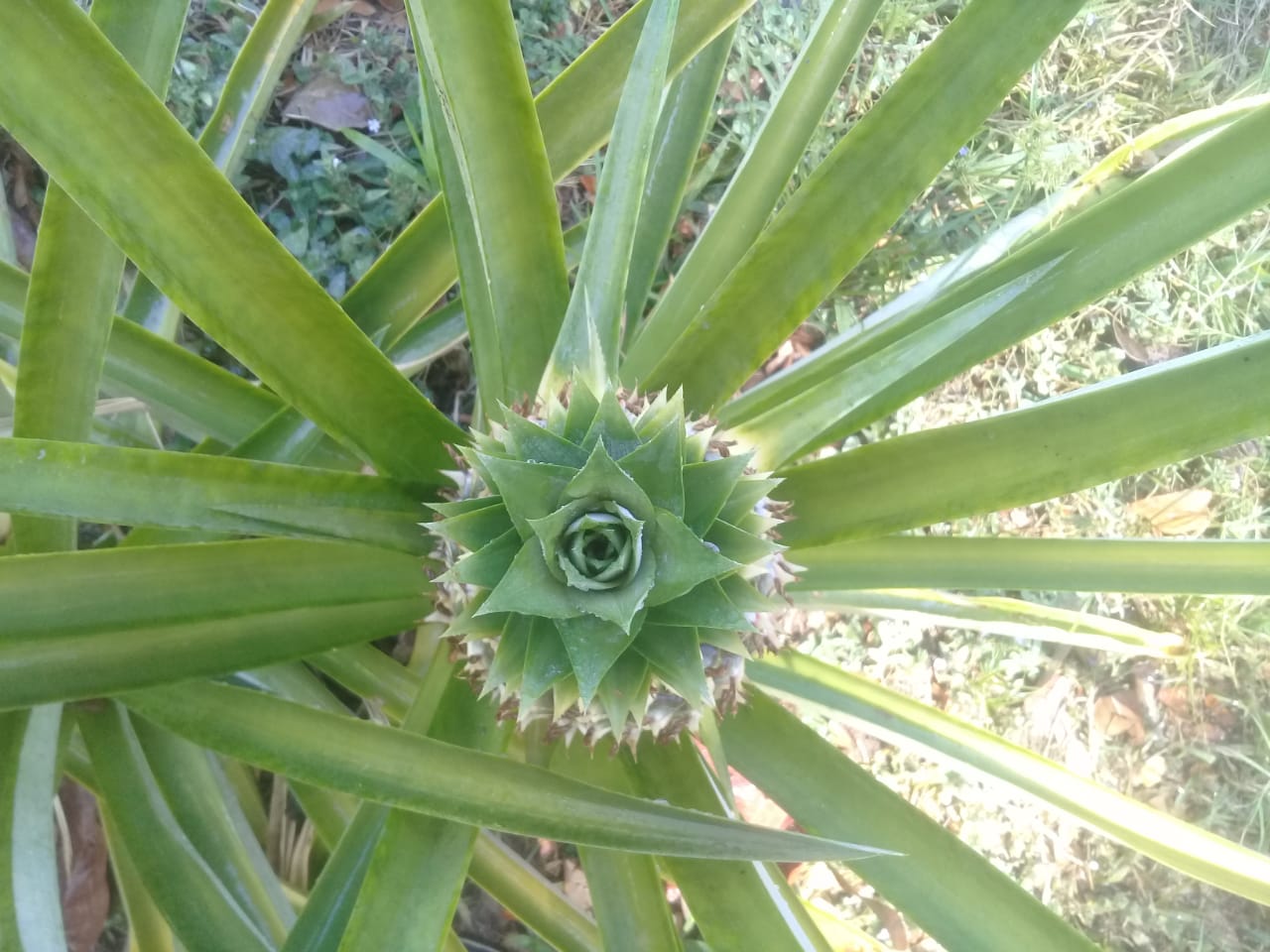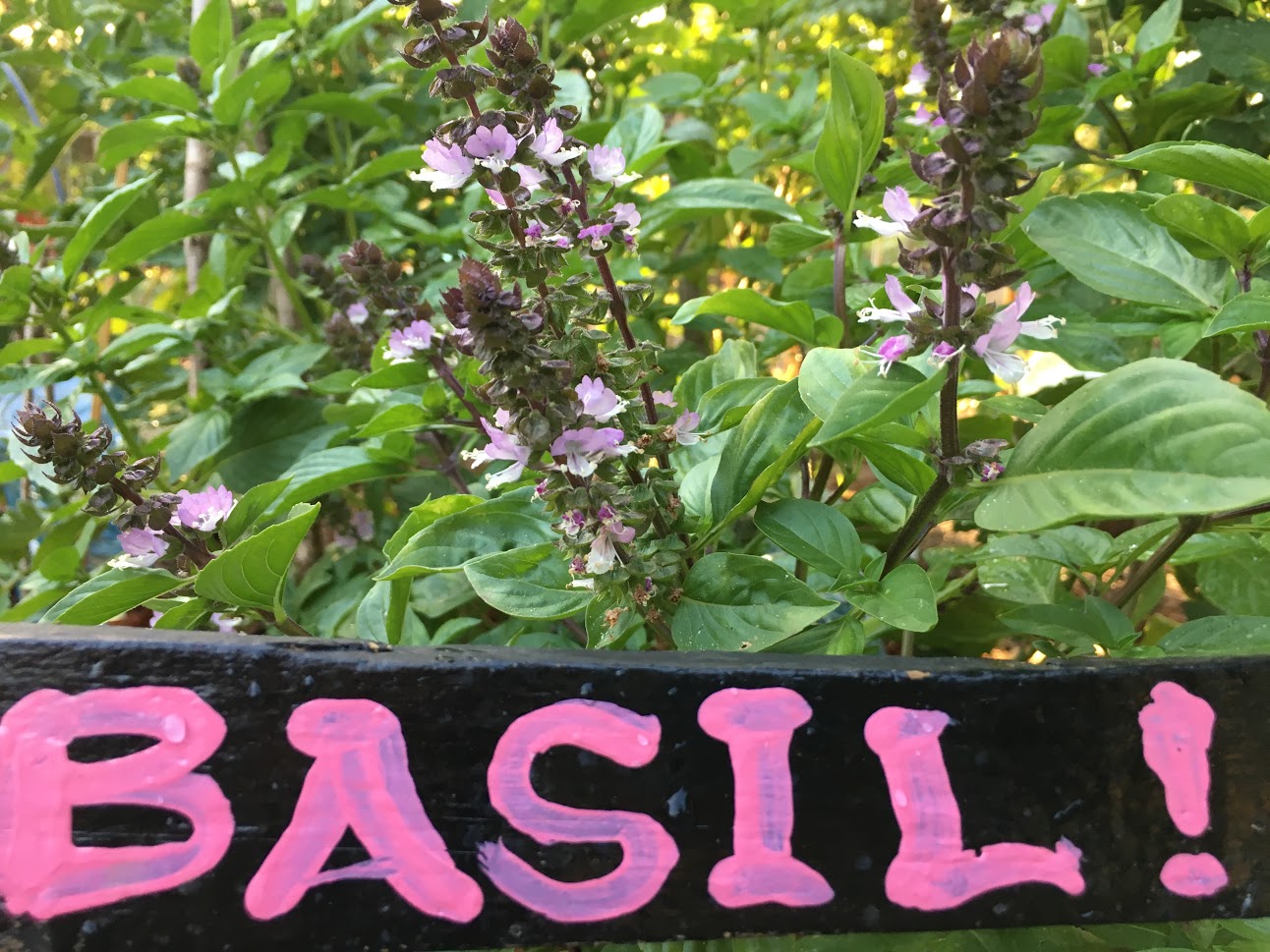Permaculture, Sustainability and Pura Vida!
Costa Rica is known as a role model in nature conservation and for its rich biodiversity. For me a reason why I choose it as my destination for my 2,5 months travel. Through my professional background in environmental management and sustainability I’m interested in organizations which work in the field of sustainability, environmental conservation and creating awareness I wanted to help and exchange my knowledge and learn more about sustainability in Costa Rica.
During my stay in Santa Teresa I was happy to find Casa Pampa with its Permaculture Learning Lab for sustainability and environmental awareness. Casa Pampa is dedicated to spread environmental awareness, through volunteering programs, workshops and events around permaculture, composting and general environmental topics.
Within my time there, I learned a lot about gardening in the tropical area and the principles of permaculture and composting. Daily activities included all kind of work which arise in a garden as watering, planting, covering the beds and so on. Beside that there is always time to have wonderful conversations about all the important world topics.
I enjoyed my weeks in that beautiful community garden with the choir of tropical birds and the monkey family which is living there a lot. For me it was a great enrichment working with nature having all these conversations learning and exchanging about diverse topics with like-minded people.
I can everyone recommend being part and contribute in the Casa Pampa Volunteer Program. It doesn’t matter if you have already experience in sustainability, gardening or permaculture you will find your place there make your positive impact, learn and grow. ☺
Gracias para todos!!
Pura Vida!!
Vanessa Riepl, Austria
7 days Beach Cleanup at the Nicoya Peninsula.
4 weeks ago I came to Santa Teresa in Costa Rica to volunteer at Casa Pampa (NGO). As one of the first activities I was part of a beach cleanup with different organizations around that area, like Npwaterkeepers and a school in Mal Pais. It took us around half an hour to collect 80 kilos of waste! This got me shocked. My first impression was that the beaches here were clean. Wrong! I started looking more closely and the amount of plastic at the beach got me really concerned, moreover how much microplastic can be found everywhere: just sitting somewhere and being able to collect at least 10 pieces of plastic without moving. Throughout my work with Casa Pampa I got a strong feeling I should do more than attending some organized cleanups.
Inspired by my workplace and the movement of 5minbeachcleanup I started taking 5 min of my day collecting whatever I found at the beach. Documenting what I discovered and weighting it everyday. During the first days I was not really surpised by the plastic found. In the middle of the week though the pollution at the beach got so bad I found myself in a crisis of thinking it will never be enough what I’m doing and if I’m really having an effect on anything? On Sunday it reached the peak. Having a wonderful day at a beach in the nature reserve at Cabo Blanco with friends, in the middle of tons of plastic. This day I didn’t collect anything, my spirit from the beginning was gone.
The next day I went to the local beach again and found a lot more waste than before. I met several people though collecting waste by themselves – together we are stronger! I couldn’t stop thinking about the garbage I’ve seen on Sunday though so Marina (another volunteer from Casa Pampa) and me went to collect garbage at one of the spots. After 5 min I already got 4 kilos of just plastic. We continued collecting as much as we could carry in the end. Finally it was 13 kilos, which eventually didn’t leave a feeling of relief because there was so much more left.
The results
5 minutes for 7 days: 13,75 kilos of plastic. 82 straws. 308 plugs
(the amount of other waste was insignificant, so not to mention)
In the end the results were not really shocking for me as I’ve seen what beaches can look like. To outline the massive problem we are facing I want to display some data. In the present the volume of one garbage truck is littered in the ocean EVERY MINUTE. Around 80% of this waste is coming from the mainland through touristic activities, transport of waste by rivers or nearby dump sites. During the challenge for the first time in my life I could really imagine what the great pacific garbage patch must look like. There are 5 around the world, of which the “island” in the pacific is the biggest. It is now 19 times bigger than Austria.
In total around 150 million tons of plastic can be found in the sea. Extended by 12 million tons every year. To clarify, it is certainly not only to blame on countries directly located at the ocean. Europe alone is responsible for 180 garbage trucks a day full of garbage. The waste management in Costa Rica, in Latin America in general, has clearly a lot of catching up to do, at this point, however, there is no place for blaming specific regions or people – it is to blame on all of us! And the problem is way too big and created by everyone to leave it with the geographical affected countries. There is more microplastic in the seas now than stars in the galaxy.
It is on us to choose now in what world we want to live and in what world we want our children to live….
I’m not changing the world with this challenge, yet it was eye opening for me. It’s gonna have an effect on my future behaviour as a consumer, well it already does.The problem is way too massive to tackle with beach cleanups that’s for sure, there is pretty much just one simple solution – stop using plastic! As a consumer we have the choice everyday, we can contribute every single day to make this world a better place.
“Reject single use plastic. Refuse what you can’t reuse”
United Nations Secretary General António Guterres.
It starts with deciding not to use a plastic bag when shopping, requesting the waiter or waitress not to bring you a straw, buying vegetables not wrapped in plastic and ends with political engagement, call to action, boycott special companies – there are no limits. We just have to start now!
Sources
🌱"Cabuya Educational Center" Agroecology Communal Garden 🌱
Under a slight intermittent rain, we officially started the activities in the Agroecology communal Garden "Cabuya Educational Center".
On the first day of work, the young students put their hands on the ground, with the guidance of biologist Maria Teresa Cerdas Rojas, the director of the institution Professor Sonia Álvarez Castro, Professor Rolando Fajardo Gómez and the volunteers of Casa Pampa.
We use the seedlings and organic fertilizer produced in the communal garden of Santa Teresa with dedication and effort of the students of Proyecto Cam.
Our work as a collective materializes in joint actions of environmental education with emphasis on waste management and especially the composting of organic waste in households and schools and its use for the implementation of orchards Agro-ecological.
The Waste For Food Project is a tool that seeks to enhance the value of the school's Organic garden as a pedagogical space and encourages young people to develop a critical and transformative spirit in our relationship with nature and food.
The most decisive factor for the successful project is the linkage and promotion of community interaction.
It is our objective that this space should become an area to carry out awareness-raising activities that will generate new sustainable links between the community and the environment.
We invite the neighbours and tourists to participate in the next day of volunteer work where we will design the garden, considering the principles of permaculture and begin the construction of the community composting area.
We are waiting for you on Thursday, June 27th at 9am at the Cabuya Educational Center!
"Centro Educativo Cabuya" Agroecología Jardín Comunal 🌱
Bajo una ligera lluvia intermitente, iniciamos oficialmente las actividades en el Jardín Comunal Agroecología "Centro Educativo Cabuya".
En el primer día de trabajo, los jóvenes estudiantes pusieron sus manos en el suelo, con la dirección de la bióloga María Teresa Cerdas Rojas, la directora de la institución la profesora Sonia Alvarez Castro, la profesora Rolando Fajardo Gómez y los voluntarios de Casa Pampa.
Utilizamos las plántulas y fertilizantes orgánicos producidos en el jardín comunal de Santa Teresa con dedicación y esfuerzo de los alumnos de Proyecto Cam.
Nuestro trabajo como colectivo se materializa en acciones conjuntas de educación ambiental con énfasis en la gestión de residuos y especialmente en el compostaje de residuos orgánicos en hogares y escuelas y su uso para la implantación de huertos agroecológicos.
El Proyecto Residuos para Alimentos es una herramienta que busca potenciar el valor del huerto orgánico de la escuela como espacio pedagógico y anima a los jóvenes a desarrollar un espíritu crítico y transformador en nuestra relación con la naturaleza y la alimentación.
El factor más decisivo para el proyecto exitoso es la vinculación y promoción de la interacción comunitaria.
Nuestro objetivo es que este espacio se convierta en un espacio para llevar a cabo actividades de sensibilización que generen nuevos vínculos sostenibles entre la comunidad y el medio ambiente.
Invitamos a los vecinos y turistas a participar en el siguiente día de trabajo voluntario donde diseñaremos el jardín, considerando los principios de la Permacultura y comenzar la construcción de la zona de compostaje comunitario.
¡Te esperamos el jueves 27 de junio a las 9 AM en el Centro Educativo Cabuya!
Compost Club Workshop/Taller - Compost & Grow
Santa Teresa Compost Club Workshop
“Compost & Grow”
April 11th 4pm Hotel Flor Blanca
Free activity!
The workshop involves learning techniques to recycle organic waste and transform it into a rich fertilizer.
We invite you to learn how to grow organic veggies and have a positive impact on the community at the same time. Gardening our way into change!
We will be visiting the Compost facilities, Greenhouse, and Greywater Management Systems at Hotel Flor Blanca.
Thanks to the crew of Proyecto Cam, we are happy to share Organic Basil seeds harvested at Santa Teresa Community Garden.
For more info: info@casapampa.com
Taller de Santa Teresa Compost Club
“Compost & Grow”
11 de abril a las 4pm Hotel Flor Blanca.
¡Actividad libre!
El taller consiste en aprender técnicas para reciclar desechos orgánicos y transformarlos en un fertilizante rico.
Lo invitamos a aprender cómo cultivar vegetales orgánicos y tener un impacto positivo en la comunidad al mismo tiempo. ¡Cultivando nuestro camino hacia el cambio!
Visitaremos las instalaciones de Compost,Huerta y Bio Jardinera en el Hotel Flor Blanca.
Gracias al equipo de Proyecto Cam, nos complace compartir las semillas de albahaca orgánica cosechadas en la Huerta-Jardín Comunitario de Santa Teresa.
Para más información: info@casapampa.com
CASA PAMPA & SAVE FOOD - EN
- Casa Pampa joins the global network of leading members to eradicate food waste through "SAVE FOOD" of FAO –
CELEBRATE THIS ACHIEVEMENT WITH US AND LEARN MORE ABOUT THIS GREAT INITIATIVE!
FAO (Food and Agriculture Organization) is the United Nations agency that leads the
international effort to end hunger. Its objective is to achieve food security for all, and at
the same time guarantee regular access to sufficient and good quality food to lead an
active and healthy life.
With more than 194-member states, FAO works around 130 countries and consolidates
the "SAVE FOOD" project with the objective of reducing the loss of food and promoting a
hopeful dialogue between industry, research, politics and civil society about these
important topics. The "SAVE FOOD" plan from FAO seeks to increase public
awareness of the impact of food waste, and develop a platform to exchange experiences
and build a global center of excellence based on the work and practices of professionals
who focus on the reduction of wasted food.
In the first presentation of the "SAVE FOOD" initiative in 2011, Werner M. Dornscheidt
(President and CEO of Messe Düsseldorf GmbH) explained: "Our goal is that less food be
thrown away in industrialized countries and that consumers in these countries plan their
purchases carefully, but, even more importantly, we want to raise industrial awareness
of food losses, a priority issue for the future. "
Casa Pampa, studying the mission and objectives of SAVE FOOD, commits and joins the
network of members worldwide to be more efficient in our fight against food losses
throughout the world. Casa Pampa, now is honored to share these pillars and work with
our project "WASTE FOR FOOD", in the Nicoya peninsula, Costa Rica, which share the
vision and ideology of "SAVE FOOD".
Our local "Waste for Food" plan began in 2014 as a personal project to help develop the
Santa Teresa community. Initially, the project would collect organic waste from several
markets and nearby restaurants for composting. The project grew, and the Pampa Casa
Volunteer Program was born. After a structured analysis, we saw the positive impact that
this project could have on the entire community and decided to act. This gave us the
chance to focus on spreading and taking our message to the government and other
officials. Currently, we are working together with key groups such as the Malpais-Santa
Teresa Chamber of Tourism, the Probienstar Association, as well as local environmental
NGOs.
As supporters of projects and ecological development plans, based on the concept of
partnership and collaboration, Casa Pampa recognizes that the cooperation and effort
of all the coordinators, volunteers and important organizations is more than necessary.
With the work of sustainable social entrepreneurship in the community of Santa Teresa,
Casa Pampa, is committed to participate and be producers of an ecofriendly change for
all. We work as collaborators for the development of communities and societies aware
of the problem of waste and food waste, we will share with the SAVE FOOD project our
experiences and working methods to achieve greater progress for all.
Everyone can play an important role in the eradication of hunger!
TO GET MORE INFORMATION AND KEEP UPDATED ABOUT THE PROJECTS, ACTIVITIES AND NEW MEMBERS OF "SAVE FOOD", VISIT THE WEBSITE:
http://www.fao.org/save-food/en/
